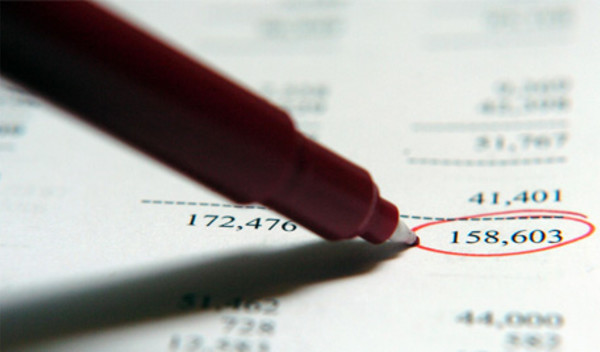

Self-employed workers are holding back on submitting their 2019/20 tax return for fear it will negatively impact their next claim on the government’s coronavirus crisis support scheme, accountants have warned.
Arden Bookkeeping has flagged concerns after it saw a rise in self-employed clients requesting to push back the submission of their tax returns despite there being “no genuine reason” to delay.
HM Revenue and Customs recently announced it would be extending the self-employed income support scheme, offering two further payouts covering November 2020 to January 2021 and February 2021 to April 2021.
With the deadline for the last financial year’s submission being January 31, 2021, Arden Bookkeeping said the tax returns would “not play a part” in the support received.
Company director Claire Bartlett said: “The deadline is therefore after the third SEISS payment period, so will not play a role.
“As HMRC is yet to announce the full details in relation to the fourth and final claim, it is yet unknown if it will use the updated figures or remain using the historic data, but as the time frames are so tight it would give the impression it will remain with the current process.”
‘Glaring gaps of support’
Although chancellor Rishi Sunak last week (November 2) extended the SEISS grants in line with the extension of the Coronavirus Job Retention Scheme, the support for self-employed in the face of the ongoing crisis has been continually branded inadequate.
Newly self-employed workers alongside limited company directors have so far fallen outside of the government’s measures, and as the eligibility criteria for the grants are the same today as they were in March, many self-employed are still missing out.
Figures from the Office of National Statistics, published yesterday (November 10), found there was a 174,000 fall in self-employment to 4.53m in the three months to September.
The number of people who changed from self-employed to employed in Q2 and Q3 was 277,000, the highest since records began in 2005.
Experts said this could be down to the difference in the level of Covid support provided for the self-employed.
Meanwhile Derek Cribb, chief executive officer of the Association of Independent Professionals and the Self-Employed, said “glaring gaps in support” were leading to a long-term decline in the sector.
imogen.tew@ft.com
What do you think about the issues raised by this story? Email us on fa.letters@ft.com to let us know.



